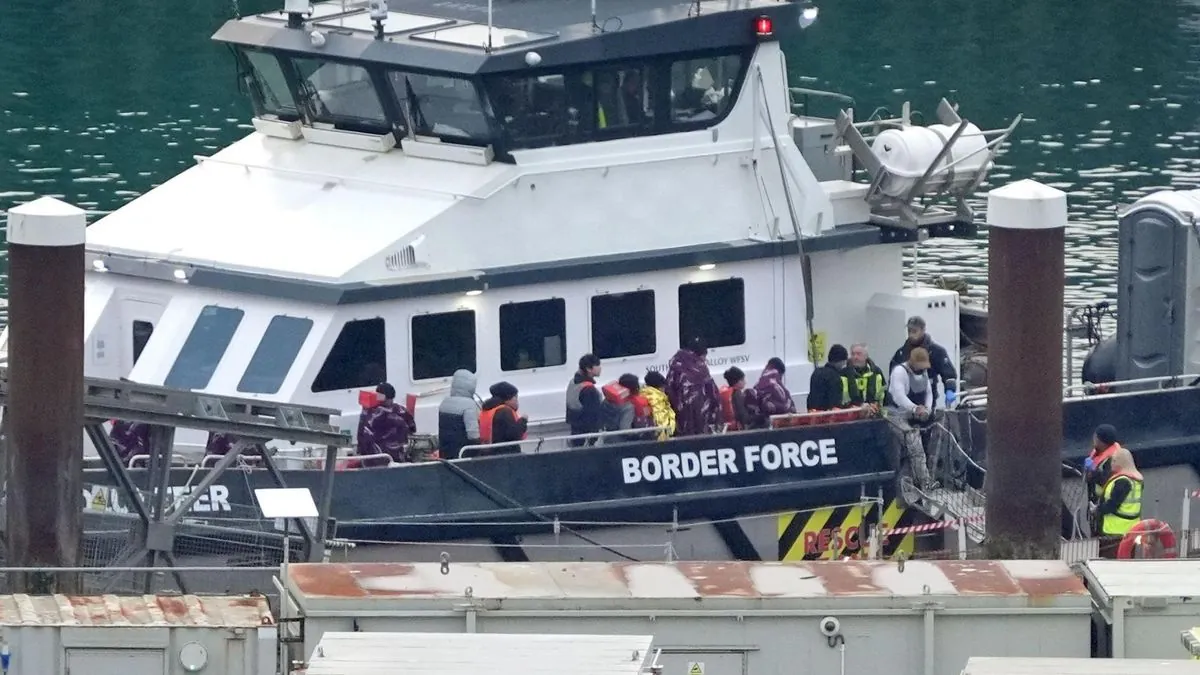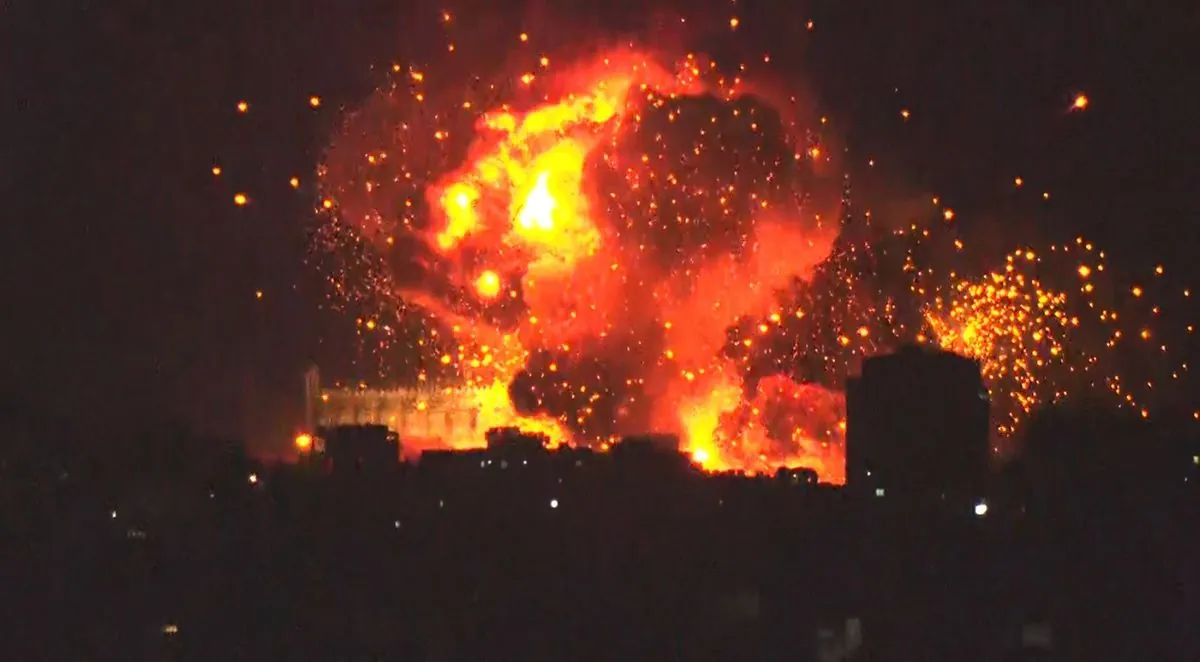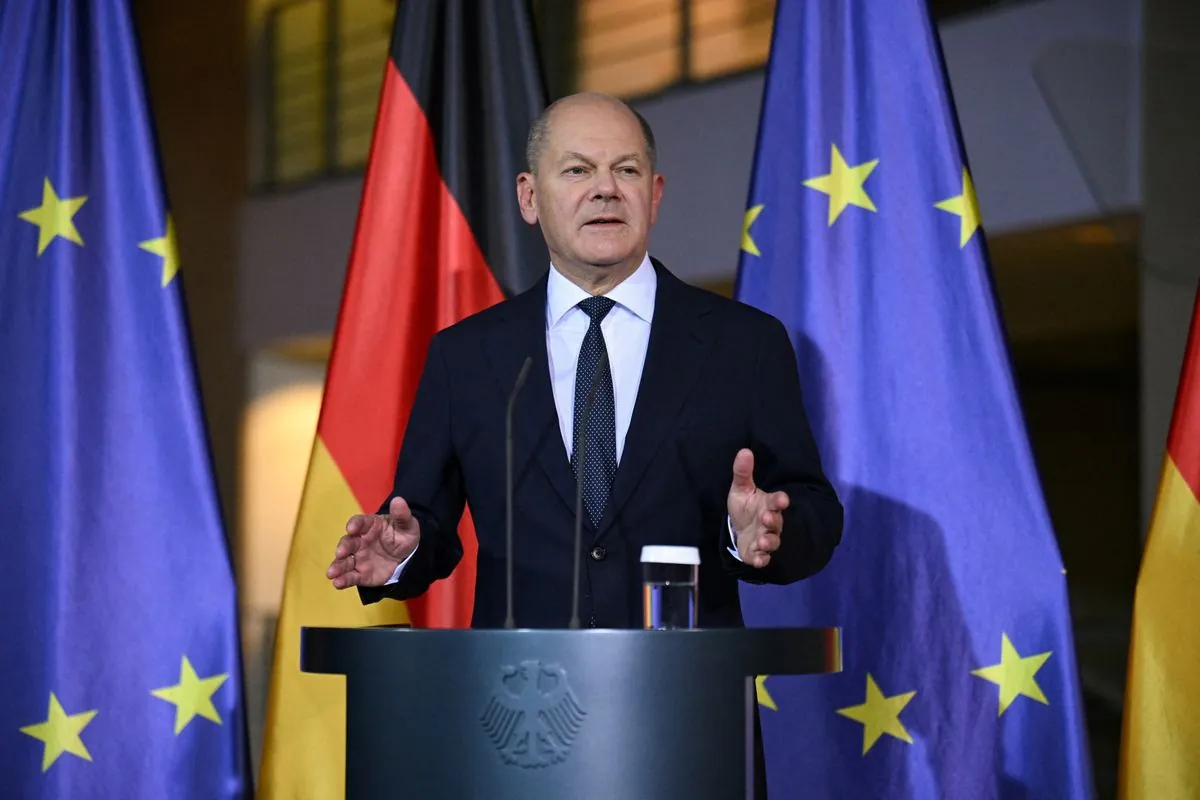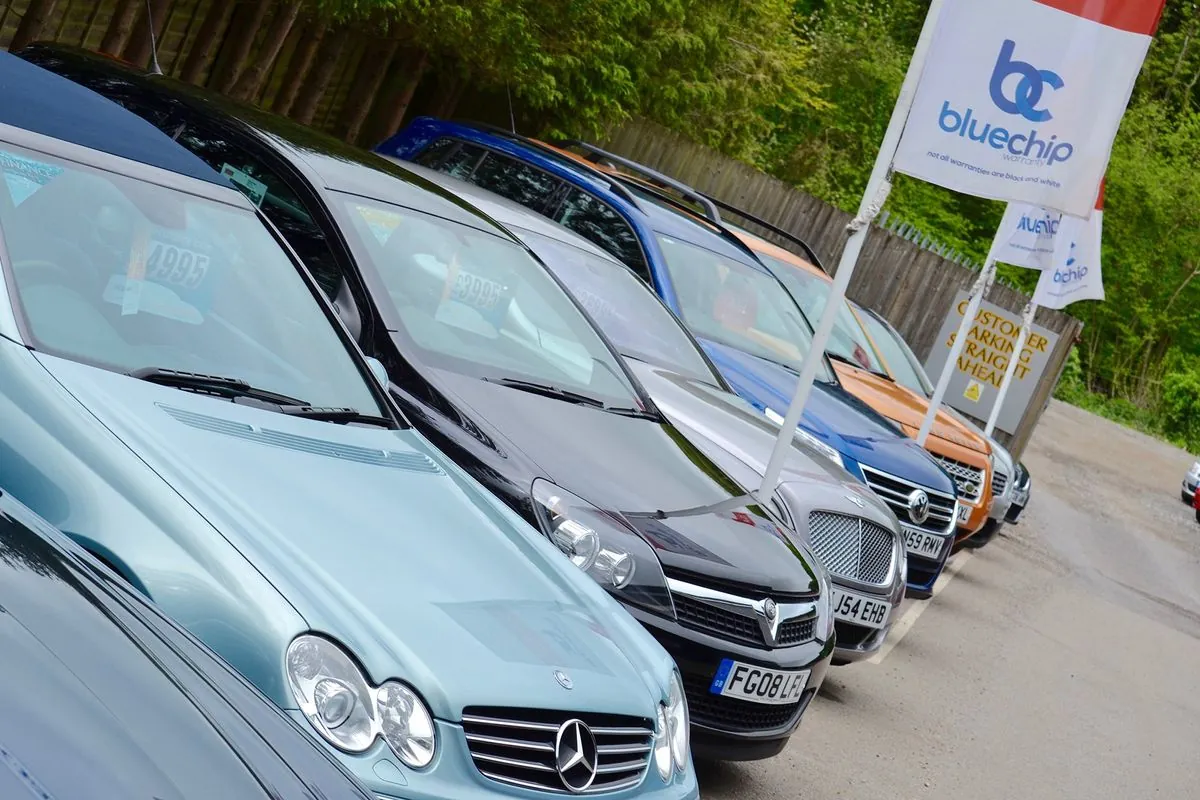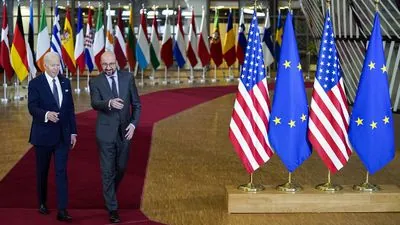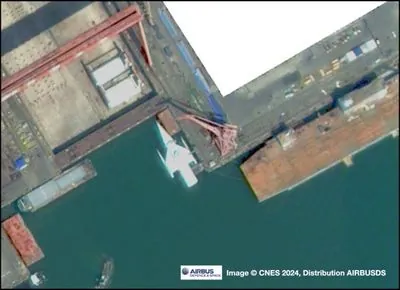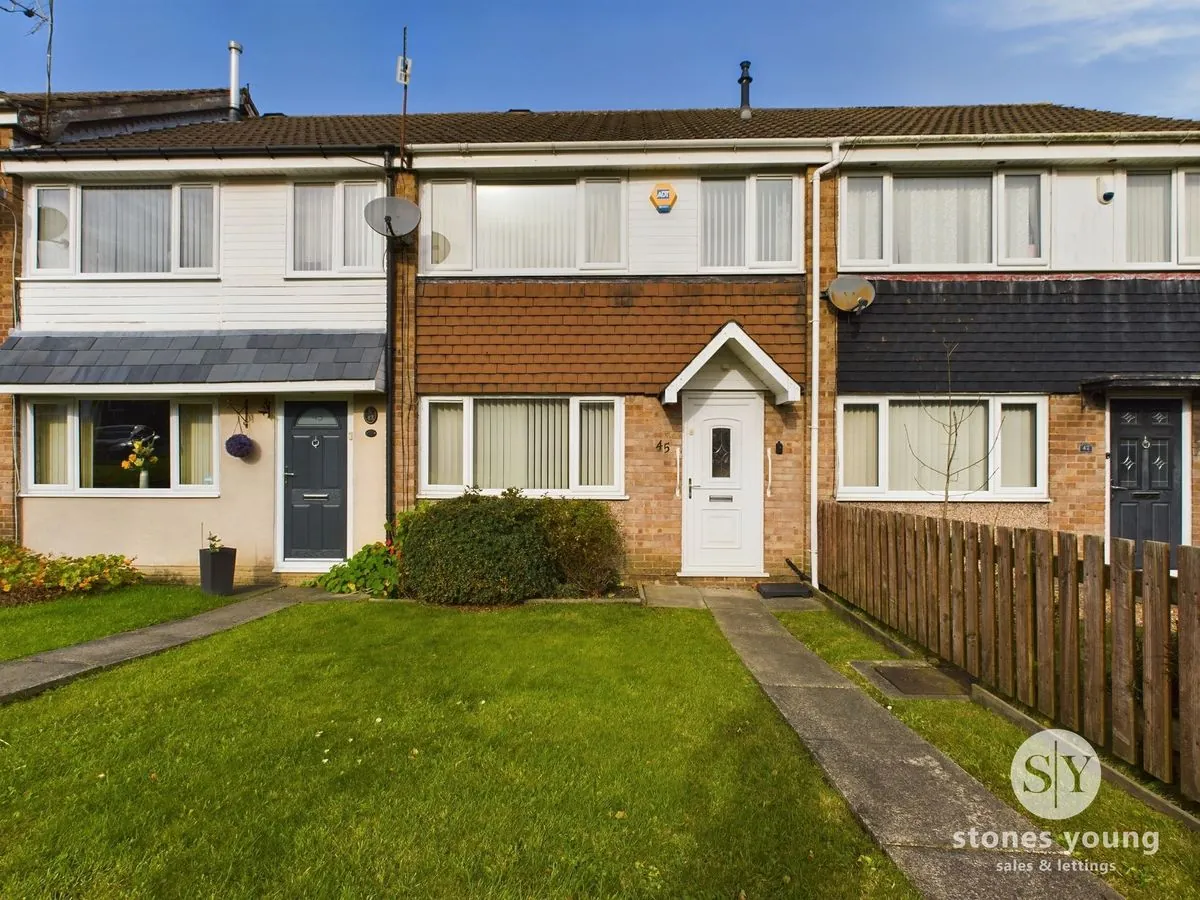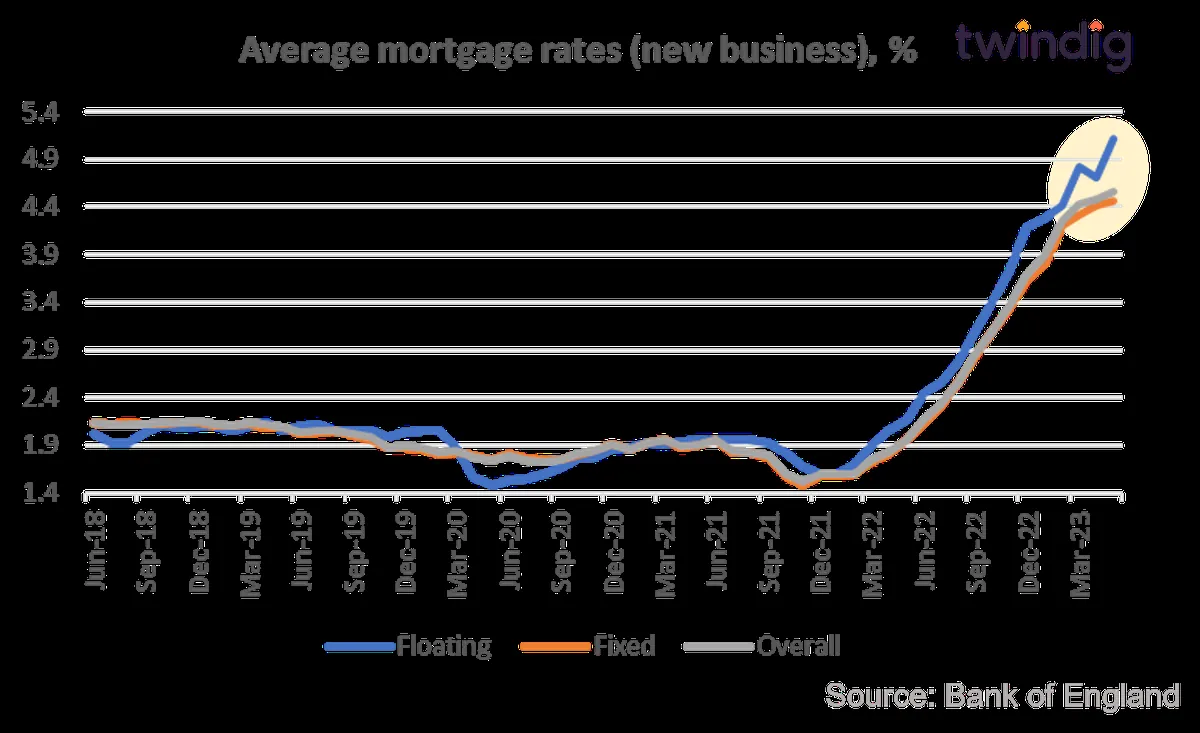Slovenia
Slovenia, officially the Republic of Slovenia, is a country in southern Central Europe. Slovenia is bordered by Italy to the west, Austria to the north, Hungary to the northeast, Croatia to the south and southeast, and a short coastline within the Adriatic Sea to the southwest. Slovenia is mostly mountainous and forested, covers 20,271 square kilometres (7,827 sq mi), and has a population of approximately 2.1 million. Slovene, a South Slavic language, is the official language. Slovenia has a predominantly temperate continental climate, with the exception of the Slovene Littoral and the Julian Alps. A sub-mediterranean climate reaches to the northern extensions of the Dinaric Alps that traverse the country in a northwest–southeast direction. The Julian Alps in the northwest have an alpine climate. Toward the northeastern Pannonian Basin, a continental climate is more pronounced. Ljubljana, the capital and largest city of Slovenia, is geographically situated near the centre of the country.
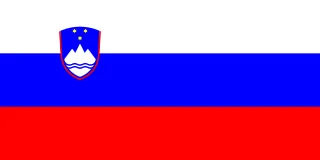
Some of the key events about Slovenia
- 1941Nazi Germany and Fascist Italy invaded and occupied Slovenia during World War II
- 1945Communist regime took power, leading to political repression and economic hardship
- 1991Slovenia gained independence from Yugoslavia after a brief ten-day war
- 1991Ten-day war broke out as Yugoslavia attempted to prevent Slovenia's independence
- 1992Slovenia joined the United Nations
- 1992Economic crisis hit following independence, causing high unemployment and inflation
- 2004Slovenia became a member of the European Union
- 2004Slovenia joined NATO
- 2007Slovenia adopted the Euro as its official currency
- 2008Slovenia became the first former communist country to hold the Presidency of the Council of the European Union
- 2008Global financial crisis severely impacted Slovenia's economy, leading to recession
- 2010Slovenia joined the OECD (Organisation for Economic Co-operation and Development)
- 2012Anti-government protests erupted due to austerity measures and allegations of corruption
- 2013The Škocjan Caves were added to UNESCO's list of natural and cultural world heritage sites
- 2013Banking crisis required a government bailout of major banks to prevent economic collapse
- 2014Severe ice storm caused widespread damage to infrastructure and forests
- 2015Slovenia legalized same-sex marriage, becoming the first former communist country to do so
- 2015European migrant crisis strained resources as thousands of refugees passed through Slovenia
- 2019Slovenia was ranked as the most sustainable country in the world by National Geographic Traveler magazine
- 2020COVID-19 pandemic led to strict lockdowns and significant economic downturn
Disclaimer: This material is written based on information taken from open sources, including Wikipedia, news media, podcasts, and other public sources.
